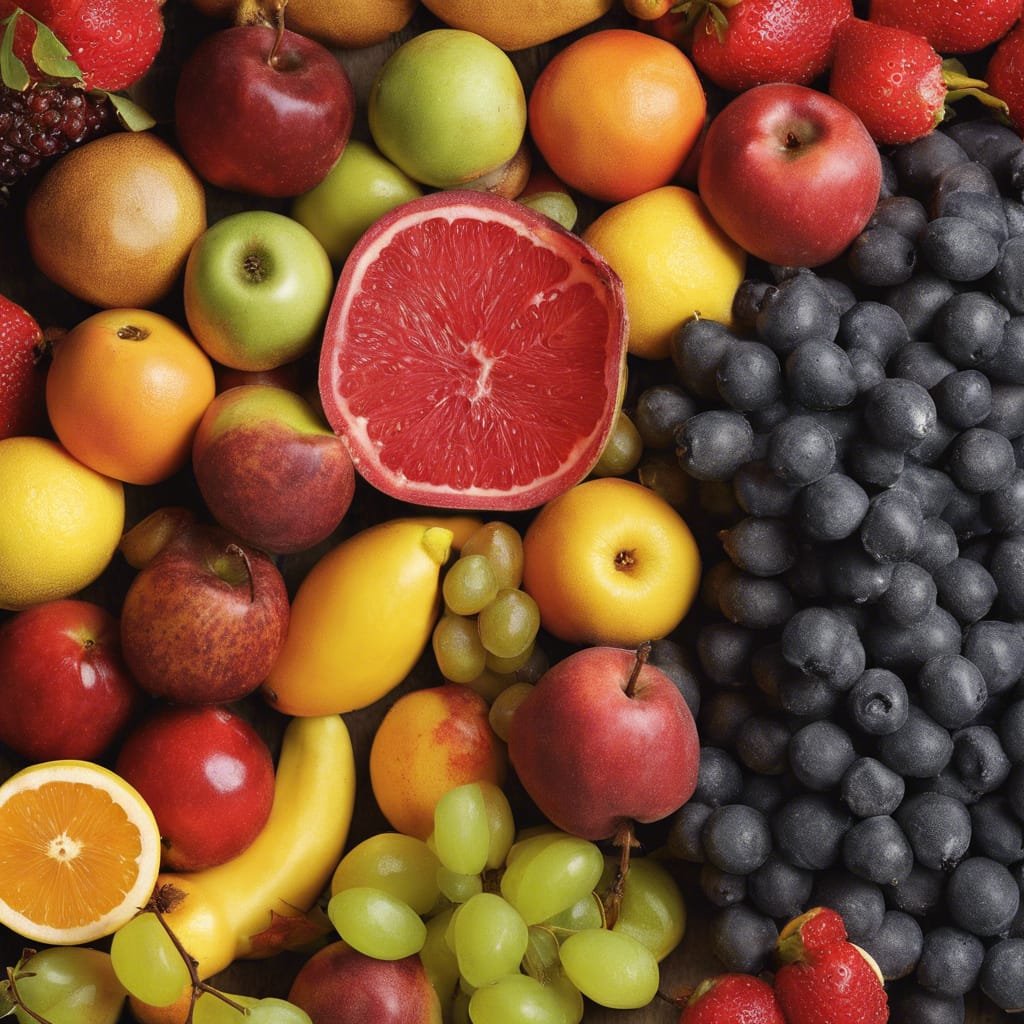The Food Safety and Standards Authority of India (FSSAI) has alerted traders/fruit managers/food business operators (F Business operators) running crushing chambers to strictly follow the calcium carbide ban for artificial ripening of fruits, especially during the mango season. The FSSI advises the Food Safety Departments of the States/UTs to be vigilant and take strict action against those involved in such illegal acts as per the FSS Act, 2006 and rules/regulations framed thereunder.
Calcium carbide, which is commonly used to ripen fruits like mangoes, releases acetylene gas, which contains harmful signs of arsenic and phosphorus. Also known as ‘masala’, these substances can cause serious health problems such as dizziness, frequent thirst, burns, weakness, difficulty swallowing, vomiting and skin ulcers. Apart from this, acetylene is equally dangerous for those who handle gas. During application, calcium carbide is likely to come in direct contact with the fruit and release the remaining part of arsenic and phosphorus.
Due to this risk, the use of calcium carbide for fruit ripening is prohibited under Rule 2.3.5 of the Food Safety and Standards (Prohibition and Restriction of Sales) Rules, 2011. The rules clearly state, “No person shall sell or offer or launch for sale purposes under any particulars, or keep it in his premises for sale purposes as per any particulars, fruits which have generally been artificially ripened using acetylene gas.
In view of the widespread use of banned calcium carbide, FSSAI has allowed the use of ethylene gas as a safe alternative to ripening fruits in India. Ethylene gas can be used at concentrations of 100 ppm (100°L/L), depending on the crop, variety and maturity. A natural hormone called ethylene regulates the ripening process by initiating and regulating various chemical and biochemical activities. Treatment of non-ripened fruits with ethylene gas accelerates the natural ripening process until the fruit itself starts producing enough ethylene.
Similarly, the Central Insecticides Board and The Registration Committee (CIB&RC) have approved 39% SL to Athephone for equal ripening of mangoes and other fruits.
The FSSAI has released a detailed guideline document titled “Artificial ripening of fruits – ethylene gas is a safe fruit ripening” (fssai pdf advising food business operators to follow the procedure for artificial ripening of fruits. The document covers all aspects of artificial ripening of fruits by ethylene gas such as barriers, requirement of ethylene ripening system/chamber, management status, source of ethylene gas, protocol for application of ethylene gas from various sources, post-treatment operations, safety guidelines, etc.
If any use of calcium carbide or any wrong practice of using ripening agents for artificial ripening of fruits is brought to the notice of the consumer, it may be brought to the notice of the concerned State Food Safety Commissioner to take action against such violators. read more

